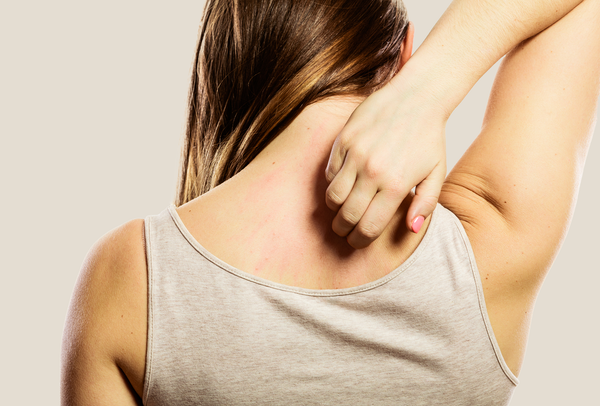Silicone is a common haircare ingredient because it is highly effective for smoothing strands and taming frizz. However, these hair benefits may come along with a few potential downsides. Let’s take a closer look at silicone so you can decide whether you want to skip or stick with this ingredient.
What is silicone?
Silicone is a synthetic substance that can be found in conditioners, styling products, and finishing products. This ingredient coats the hair shaft to lock in moisture and reduce frizz while adding softness and shine, so it effectively improves both the look and feel of the hair.
Yet all silicone is not created equal, and there are actually two types. Water-soluble silicone is lightweight and can easily be rinsed away by shampooing. Non-water-soluble silicone can be more difficult to wash out and has more of a likelihood to leave residue on the hair that can build up.
Determining the type of silicone in any haircare product is as easy as checking the ingredient list. Water-soluble silicones may be listed as dimethicone copolyol, stearoxy dimethicone, or behenoxy dimethicone. Non-water-soluble silicones include dimethicone, cetyl dimethicone, cetearyl methicone, dimethiconol, stearyl dimethicone, cyclomethicone, amodimethicone, trimethylsilylamodimethicone, and cyclopentasiloxane.
Potential silicone downsides
The boost in softness and shine that silicone provides may not be ideal for some hair and skin types. For instance, silicone can weigh down the hair and cause fine hair to look and feel flat—but that’s only one possible unwanted side effect.
Build-up: Since non-water-soluble silicone can be more difficult to remove from the hair with regular shampooing, ongoing use can lead to residue build-up on the hair. Over time, this can prevent moisture from penetrating the hair shaft and lead to dryness and damage. Silicone build-up on the scalp may also prevent hair follicles from performing at their best.
Clogged pores: In terms of skin health, silicones may have the potential to cause clogged pores. This can happen when silicone is combined with certain other ingredients. In some cases, silicone can act as an occlusive, which means it can “trap” pore-clogging ingredients on the skin. Remember, the silicone in haircare products can transfer directly from the hair to the skin, and from the hair to a pillowcase or towel that comes in contact with your skin.
Environmental concerns: Although silicone is considered non-toxic, it is a highly processed synthetic compound. This may be a concern for those who prefer “clean” haircare products to minimize their environmental footprint.
These are all reasons why SEEN uses hemisqualane (plant-derived C13-15 alkane) in place of silicone. Found in our Shampoo, Conditioners, and styling products, this plant sugar-derived alternative reduces frizz, provides color and heat protection, and keeps hair looking and feeling smooth.
Unlike silicone, hemisqualane is ultra-lightweight so it won’t weigh down fine or thin hair. This natural alternative to silicone also washes away easily so it won’t leave residue that can build up on the hair over time. Since SEEN is all about healthy hair and skin, we choose hemisqualane over silicone to ensure our products are non-comedogenic, which means they will not clog pores.
The beauty of hemisqualane is that it offers the frizz-fighting, smoothing, and protective benefits of silicone without potential downsides like product build-up or clogged pores. SEEN is committed to finding effective alternatives for haircare ingredients that may not respect all types of hair and skin—without compromising the health of the skin or hair results.




